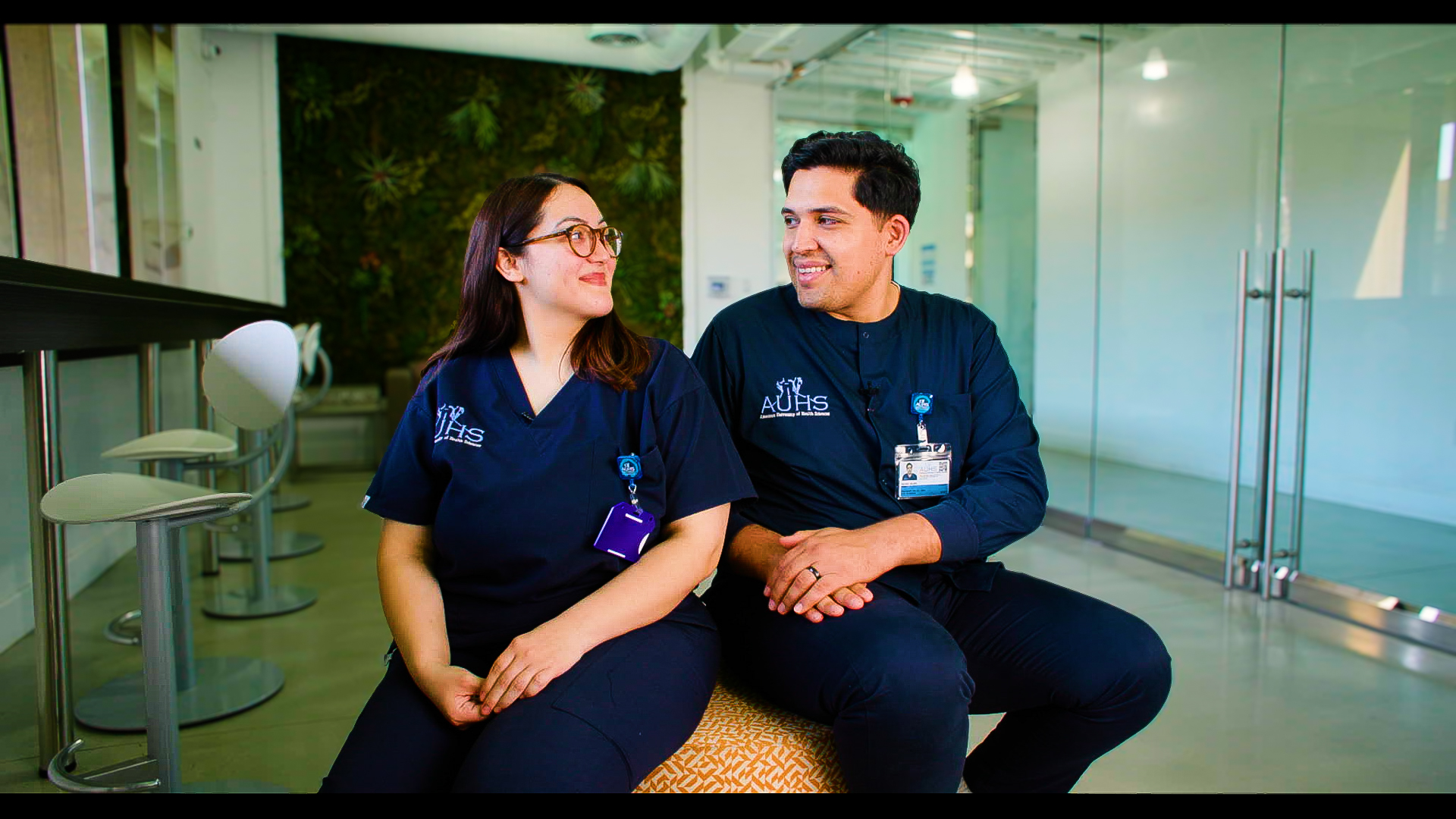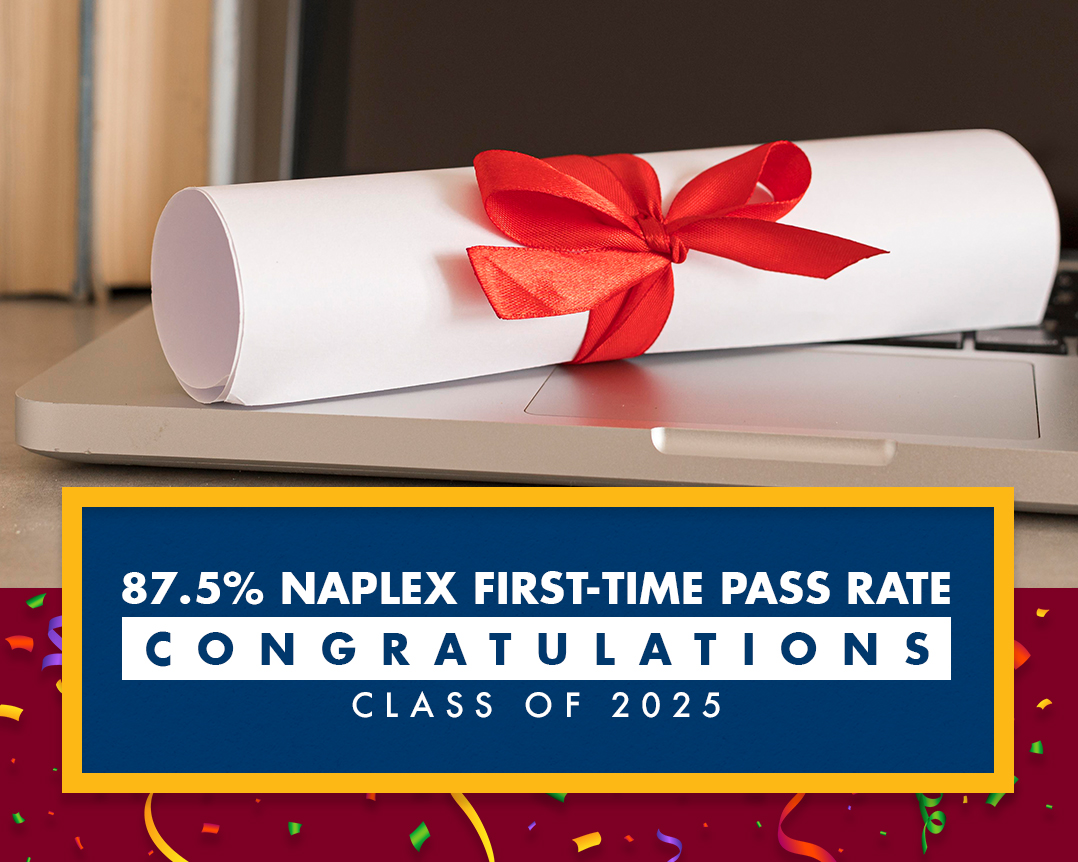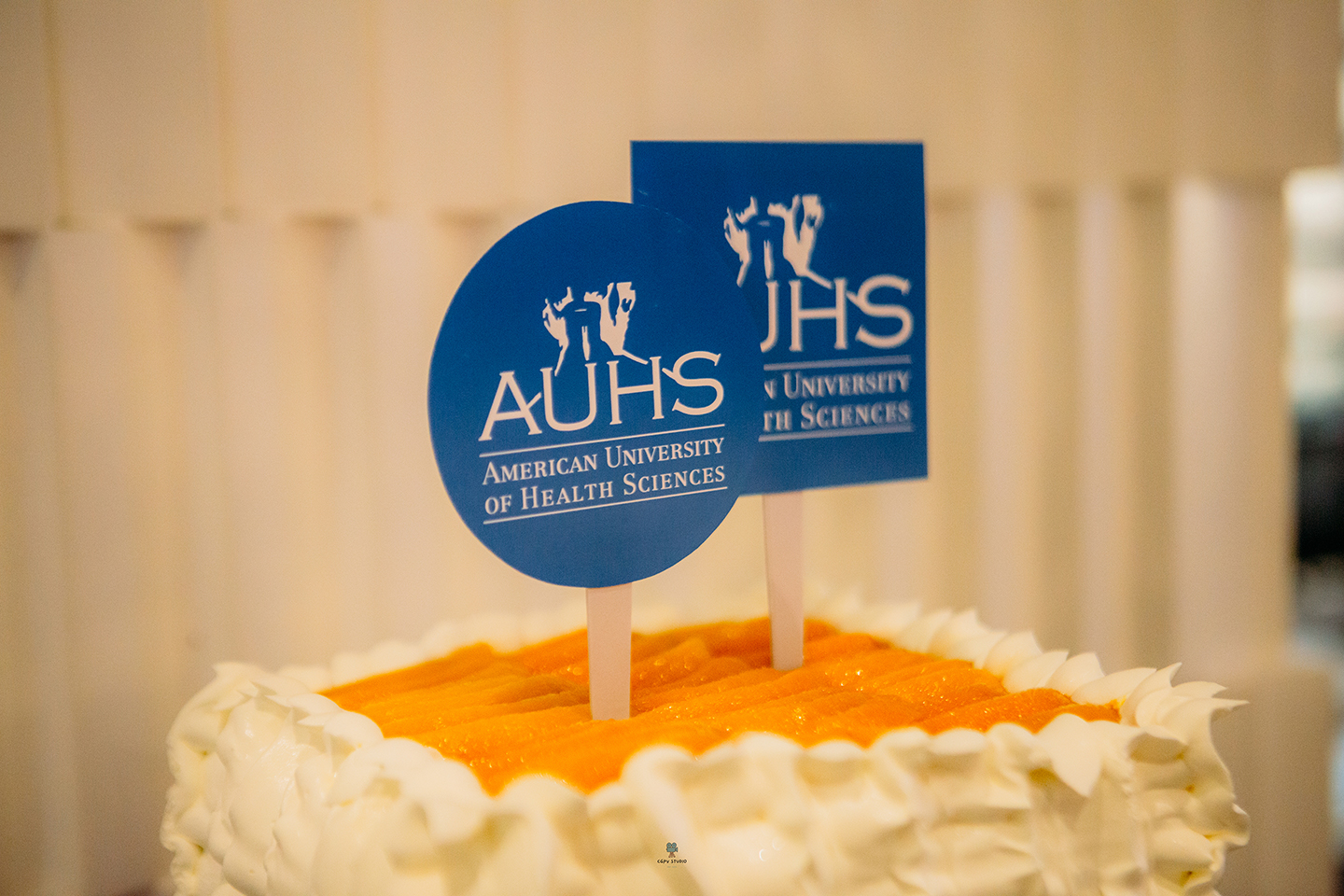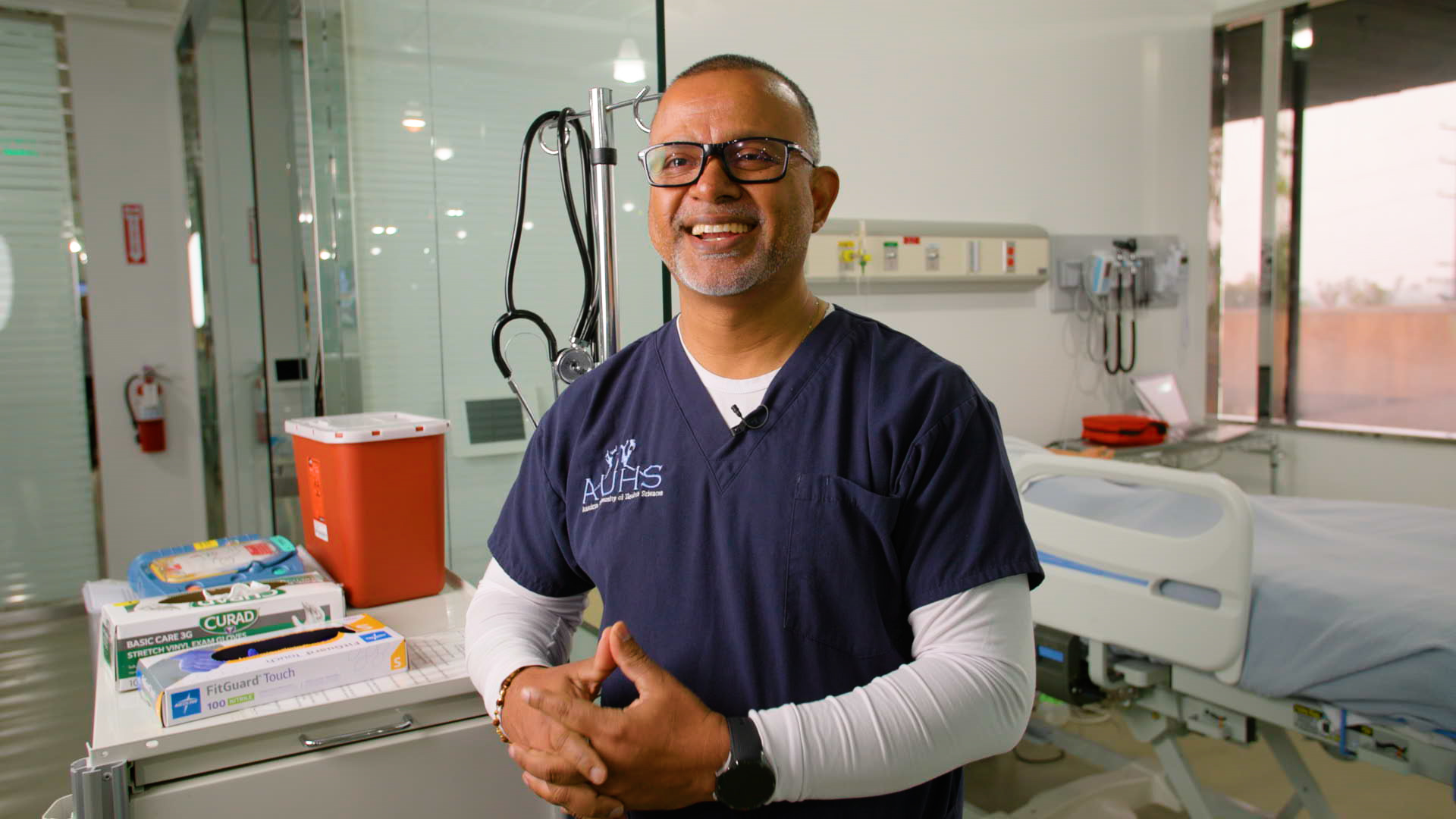The Proper Use of AI
By Steve Ryan, General Education Professor
You have most likely heard the words Artificial Intelligence or the letters AI mentioned a few times in classes or seen it via the internet a few times over the last few months. Maybe more than a few times. AI is easily the most popular topic dominating the airwaves in education, in the business world, and among those who discuss the future.

For you, as students, you must be careful.
However, this is not an article on the risks and dangers of Artificial Intelligence. Rather, I would like to explain to you how to use AI professionally and academically… and yes, by the way, avoid some risks and pitfalls.
First, let’s identify where Artificial Intelligence exists for you:
It exists on your phone through various apps
Using Grammarly.com is a helpful tool, but this is a form of Artificial Intelligence
ChatGPT is easily the most popular site being discussed and used on a daily basis
Have you ever heard of Perplexity.AI? This is actually faster and more efficient than ChatGPT.
There are hundreds of other apps related to Artificial Intelligence today related to audio, video, and other functions. Some of them include…
Next, let’s discuss the benefits of Artificial Intelligence, especially for you and your future career in the medical field:
AI can handle repetitive and mundane tasks faster and more accurately than humans.
Example: Chatbots managing customer inquiries, automated data entry, and robotic process automation in industries.
AI assists in diagnosing diseases, recommending treatments, and predicting patient outcomes.
Example: AI algorithms in radiology detect abnormalities in medical imaging with high accuracy.
AI can monitor hazardous environments and predict potential risks.
Example: Autonomous vehicles reduce human error; predictive maintenance in factories prevents accidents.
AI enables better communication between humans and machines through voice assistants, translation, and sentiment analysis.
Example: Siri, Alexa, and Google Translate.
AI creates tools for people with disabilities, enhancing communication and mobility.
Example: Speech-to-text for the hearing impaired, AI-driven prosthetics, and navigation aids for visually impaired users.
AI helps monitor climate change, optimize energy use, and manage resources efficiently.
Example: Smart grids and AI-driven traffic management systems reduce energy consumption and pollution.
How about the risks or dangers of using AI? AI may misinterpret medical images or patient data, leading to incorrect diagnoses.
Example: An AI system misreading an X-ray could delay cancer treatment.
Risk Factor: Reliance on AI without human oversight.
Medical AI systems require access to sensitive patient data. Breaches could expose private health information.
Example: Hackers accessing AI-based health records or predictive genetic data.
Clinicians may rely too heavily on AI, reducing critical thinking and clinical judgment.
Example: Ignoring subtle patient symptoms because AI did not flag them.
Decisions guided by AI may raise moral dilemmas, particularly in critical care settings.
Example: AI prioritizing patients for limited resources in ways humans might consider unfair
How about the risks of using AI as a student?
Risk: Students might depend on AI for answers without understanding concepts.
Example: Using AI to solve math problems without learning the underlying methods.
Impact: Weakens analytical skills needed for exams or real-world problem solving
Risk: Over-reliance on AI to complete assignments can lead to plagiarism or cheating.
Example: Copying AI-generated essays instead of doing your own work.
Impact: Can harm learning and lead to academic penalties.
Risk: Relying on AI for note-taking, summarization, or research may reduce learning retention.
Example: Letting AI summarize textbooks instead of reading them.
Impact: Weakens memory and comprehension skills.
Overall, our society is consumed by technology. But it is a choice we have to make. Do we have to use AI in all cases? Shouldn’t we prioritize our God-given ability to use our brains and develop confidence in our skills, especially our own communication skills?
Romans 12:2 says: “Do not be conformed to this world, but be transformed by the renewal of your mind, that by testing you may discern what is the will of God, what is good and acceptable and perfect.”
My advice to you: Use AI carefully. Do not ignore it. But focus on your own thoughts as you are using AI. Do not let AI dominate your thoughts. What you think and how you develop your thoughts is the priority here.












